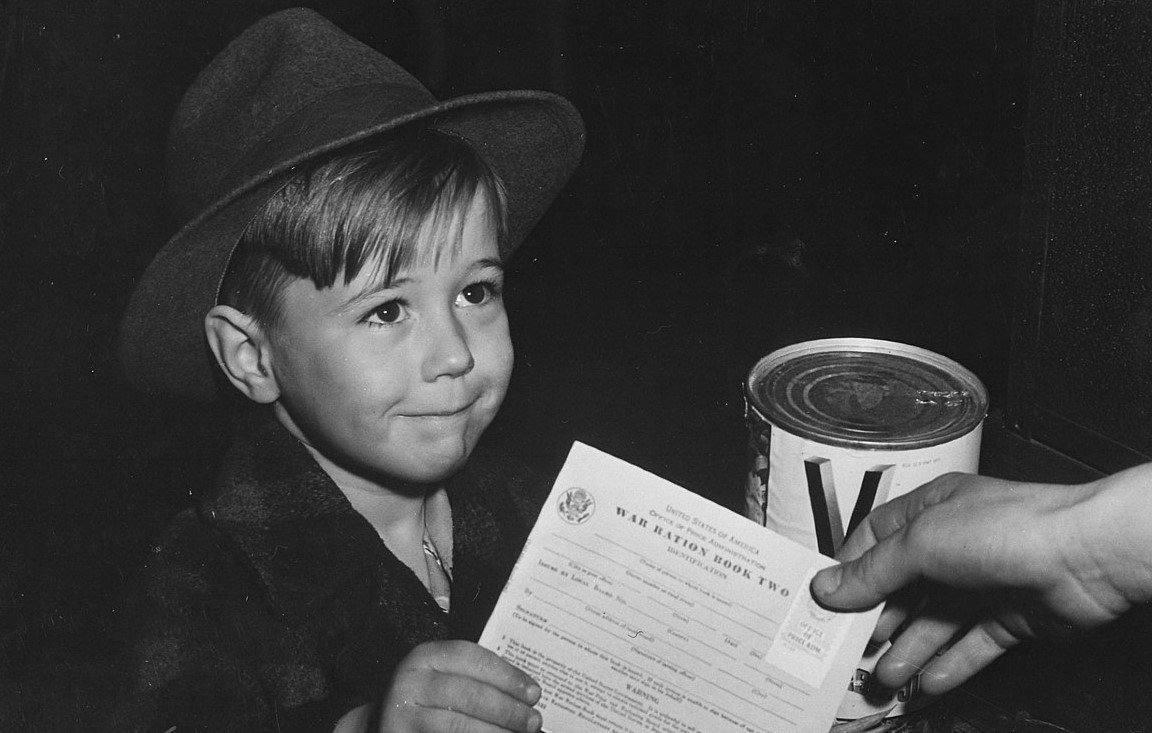
The Cherished Daughter
translated by Nguyen Ngoc Bich
Mother, I am eighteen this year
and still without a husband.
What, Mother, is your plan?
The magpie brought two matchmakers
and you threw them the challenge:
not less than five full quan,
five thousand areca nuts,
five fat pigs,
and five suits of clothes.
Mother, I am twenty-three this year
and still without a husband
What, Mother, dear, is your plan?
The magpie brought two matchmakers
and you threw them the challenge:
not less than three full quan,
three thousand areca nuts,
three fat pigs, and three suits of clothes.
Mother, I am thirty-two this year
and still without a husband.
What, Mother, darling, is your plan?
The magpie brought two matchmakers
and you threw them the challenge:
not less than one full quan,
one thousand areca nuts,
one fat dog this time,
and one suit of clothes.
Mother, I am forty-three this year.
Still without a husband.
Mother, look, Mother,=
will you please just give me away?

A School Boy’s Apology
by Le Thanh Huan
If sometimes I fall asleep in a lecture
Or shout and scream as if alone
Please forgive me, please don’t be angry
For I have no place to play.
I’m growing up I want to be a sailor
I’m wishing for a giant arena, a stream
I feel like yelling my life is beginning
Every minute I want to hold tight to my dreams.
But the fires of war have shriveled my joys
At every step I see guns turned on me
At every word I hear the crash of steel
Not believing, not understanding I only stare.
The slaughter goes on and on,
Blood and bones and hatred all strained red.
People running from the front to look out for themselves
Cheating, lying, stabbing others in the back
Some of my friends have fallen.
No one knew, no one cared, they were dewdrops that’s all.
My home will be burnt to the ground
The way back cut off, partitioned…

Inside Submarines
by Phan Nhien Hao tr. Linh Dinh
We live inside odd-shaped submarines
chasing after secrets and the darkness of the ocean
on a voyage toward plastic horizons
where vague connections can never be reached
and hopes are not deployed
before the storm arrives and the alarm command starts
to rouse the last illusions to stand up and put life jackets on looking to each other for help
Once I was at the equator
trying to slice the earth in half along the dotted line
but someone held my hand and said:
“If you do that, friend, water will fall into the void,
and then our submarine
won’t have any place to dive.”

The Cherished Daughter
translated by Nguyen Ngoc Bich
Reflection
"The Cherished Daughter" is a touching poem that explores the life of a daughter who is battling the societal and familial expectations associated with marriage. This story skillfully conveys the importance of tradition and the demands made on young people, especially women, to adhere to a predetermined timeframe for marriage. A girl who finds herself caught in the crossfire of these expectations as she gets older is vividly portrayed in the poem. Arranged weddings have a long history in Vietnam, as they do in many other countries, and because of this, people may feel strongly compelled to follow the rules of these arrangements.
The poem's repeated requests are a literary device that conveys the speaker's despair. The daughter's inner torment is made visible through these appeals as she struggles with conflicting aspirations and social pressure to fit in. The poem's central conflict between traditional expectations and personal wants makes it a poignant examination of the challenges posed by negotiating cultural and familial customs. It's a story that many people can identify with since it illuminates the common difficulty of balancing personal aspirations with the pressure of cultural rules.
Themes and Cultural Context
The narrative's overarching topic centers on the enormous demands society places on people, especially women, to adhere to accepted conventions when it comes to marriage. Generative interactions take center stage in this overarching theme's intricate tapestry. The complex relationships between the daughter and her mother shed light on the persisting dynamics that exist between generations, emphasizing how societal expectations frequently endure and impact the lives of daughters in a manner similar to how they have shaped the lives of their mothers. A number of cultural symbols, including matchmakers, the quan (a unit of weight), areca nuts, and other particular objects, are delicately included into the story.
Symbolism
A number of cultural symbols, including matchmakers, the quan (a unit of weight), areca nuts, and other particular objects, are delicately included into the story. These aspects add to the story's cultural richness and probably draw on the diverse range of cultural customs surrounding marriage negotiations, some of which may have their roots in a particular custom or local setting.
The increased demands represent the daughter's growing difficulty or problems in finding a compatible partner. They might also represent the gradual tightening of societal expectations.
Literary Techniques Used
Due to word repetition or rhyming, the poem is of the lyric poetry variety. To make the poetry more comprehensible and consistent, the thoughts of the poems are condensed into a single pattern. The poem depicts the close bond between a mother and her daughter, whose sentiments and emotions are made plainly apparent by the lines in each stanza. Additionally, the poem makes use of figurative language to enhance and emphasize its themes.

A School Boy’s Apology
by Le Thanh Huan
Reflection
A young boy dealing with the negative impacts of war on his life is depicted in "A School Boy's Apology". This succinct yet impactful tale depicts not just his genuine regret for his behavior in class but also the deep anxiety he harbors about possibly annoying or disrupting others. This straightforward gesture of remorse goes beyond the bounds of an ordinary schoolboy's regret and becomes a symbol of how war has robbed children in conflict zones of their innocence and aspirations.
The boy's concern for upsetting his class is a reflection of how much life has been disrupted by conflict. It's a powerful remark on the harsh reality that people—especially children—who are forced into chaotic, violent surroundings must deal with. The book serves as a sobering reminder of the collateral damage that armed war causes to children, inflicting scars that extend beyond physical trauma and eroding their dreams, innocence, and capacity to simply be children.
Themes and Cultural Context
The poem's main theme is the terrible toll that war takes on individuals, and it does so by graphically describing how it steals a little boy's innocence and shatters his hopes. As the poem takes us on a journey through the boy's life, from hopeful childhood dreams to the harsh, cruel reality of war, this loss of innocence serves as a prominent theme. His childhood fantasies and the carnage and chaos of war stand in stark contrast, serving as a sobering reminder of the toll that war has on the human soul. This universal theme is especially fascinating because it cuts across cultural barriers and resonates with people from all walks of life who have personally felt the effects of conflict.
Symbolism
The repeated imagery of the "Fires of War" acts as a forceful symbol throughout the poem, signifying the constant danger that war poses to the little boy's hopes and happiness. The boy's world has been completely consumed by the unrelenting onslaught of conflict, which is powerfully depicted by these fires, which stand for destruction and chaos. They offer a stark contrast to the pure aspirations of his youth. Additionally, the poem's repeated references to "Guns and Crash of Steel" serve as a metaphor for the violence and struggle that have crept into the boy's existence. These components emphasize the harsh reality he must face as well as the loss of innocence.
Literary Techniques Used
The first-person perspective is used in the poem is an essential component that greatly heightens the reader's emotional response. By taking on this viewpoint, the poet directly engages the listeners in the narrator's personal experiences, forging a deeper and more personal bond. We are able to put ourselves in the narrator's shoes and experience the hardships of war through their eyes because "I" and "my" are used frequently in the text. This intimacy increases the poem's emotional power since readers become active participants in the emotional journey rather than merely observers.

Inside Submarines
by Phan Nhien Hao tr. Linh Dinh
Reflection
The poem “Inside Submarines” is a metaphorical representation of the human experience. The submarine represents our individual life and the ocean surround it is the world around us. The line “chasing after secrets and the darkness of the ocean” highlights how humans have an innate yearning to venture into uncharted territories, even when they know it might be intimidating or risky. Additionally, the poem also tenderly explores the concept that, deep down, we're all interconnected, like threads woven into the fabric of existence. It gently reminds us that our survival and flourishing are intrinsically tied to the support and companionship we offer and receive from one another.
Themes and Symbolism
The theme of the poem is to highlight the boundaries of human vision and knowledge, embodying our particular journeys confined by the limits of what we can experience and comprehend.
Moreover, the submarines symbolize our unique life experiences and the inherent boundaries that confine us. The boundless expanse of the ocean mirrors the vast, enigmatic nature of our external world, filled with uncharted territories.
Cultural Context
In the line “An abode of peace” implies that Brunei provides its citizens and residents with a safe and secure environment, free from the constant fear of violence and crime. This phrase underscores the nation's commitment to maintaining law and order. In Brunei, the low crime rate and the strict implementation of laws contribute to a society where individuals can go about their daily lives with a profound sense of safety.
The phrase "a haven of tranquility" adds to the impression of tranquility in the nation. It emphasizes the tranquil atmosphere that penetrates peoples' daily lives. A number of things, such as the influence of Islamic beliefs, the peaceful coexistence of its diverse people, and a social commitment to peaceful conflict resolution, are responsible for Brunei's peace.
Literary Techniques Used
The poem "We live inside odd-shaped submarines" uses several literary techniques to convey its themes and ideas. One of the most prominent techniques is metaphor, as the submarines are used as a metaphor for our individual lives. The submarines represent the limitations we face in life, as we are confined to our own perceptions and the world around us. Another literary technique used in the poem is personification, as the storm is personified as having the ability to "rouse the last illusions." This personification emphasizes the power of the storm and the challenges we face in life, as we are often forced to confront our own limitations and illusions. Finally, the poem uses repetition to emphasize the idea that our hopes and dreams are often unfulfilled. The phrase "and hopes are not deployed" is repeated throughout the poem, highlighting the idea that we are often limited by our own perceptions and the world around us. Overall, the poem uses a variety of literary techniques to convey its themes and ideas, encouraging us to reflect on our own lives and the challenges we face in our search for meaning and purpose.